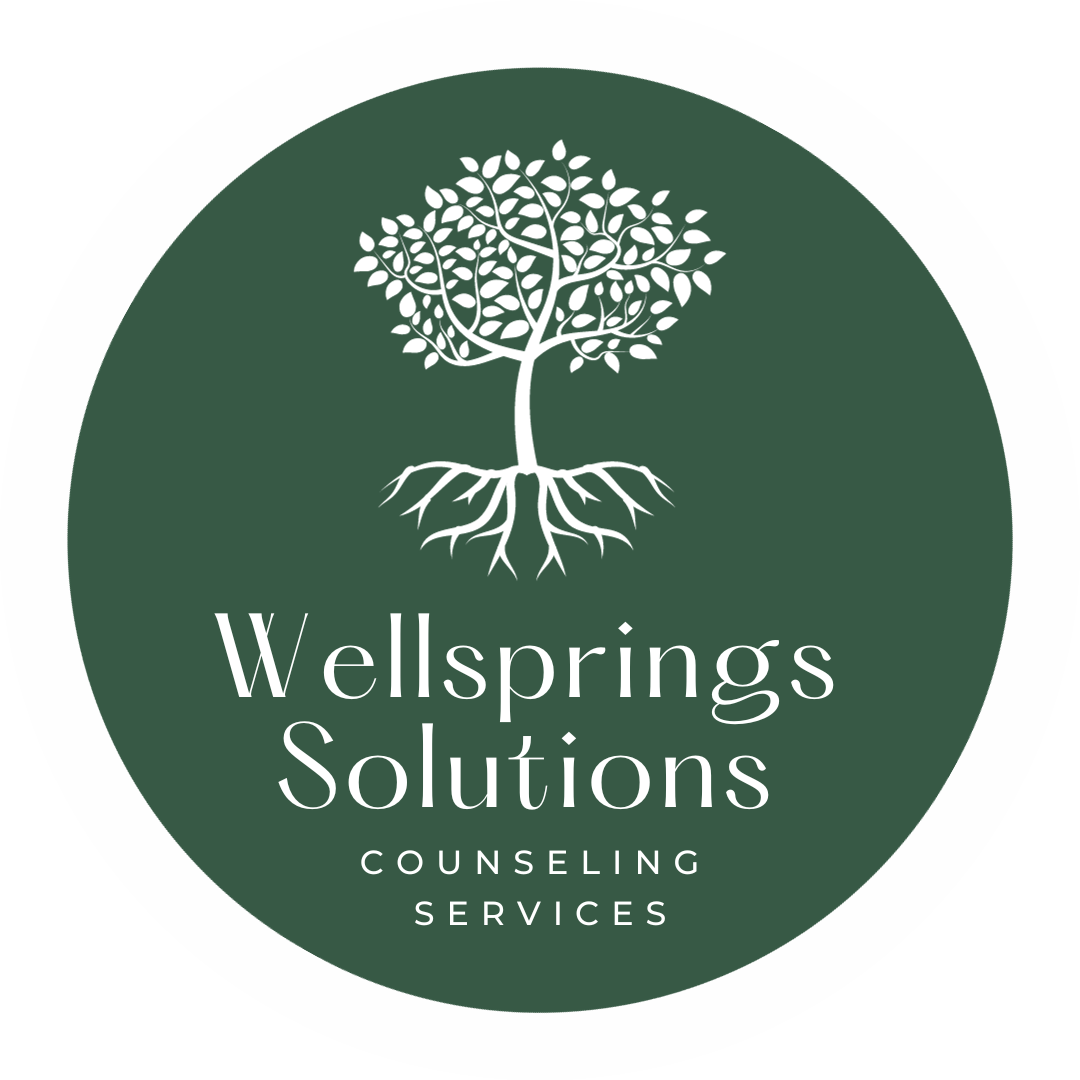The way you share truth matters.
Hearing the truth about ourselves can set us free, or it can hurt like a knife that is cutting us.
If we think of the truth as a knife, the way we hand it to someone matters. If we hand it to them in a way that is careless, blunt or disregards their safety, it’s going to hurt them. However, if we hand it to them in a way that is patient, compassionate, and considers their wellbeing, they won’t be hurt.
Unfortunately, it is too easy to share the truth in a manner that is not going to help the person receiving it. Sharing truth, like handing someone a knife, can be used as a weapon to hurt the other person. Or, it can be handed in a way that can empower someone to cut away those things that are sucking the life out of them and their relationships. And in polarizing times, where social media can be a main form of communication, it’s important to understand how to be honest in a healthy way with those around us.
What is honesty?
Being honest can mean a variety of things. It can mean being genuine, adhering to facts or being without deceit. It can mean being fair and straightforward and telling the truth. Honesty, when used with empathy and kindness, can be beneficial. It builds trust, deepens relationships, and helps people feel secure. When used in a way that is harsh, hurtful, or without empathy, it can harm relationships. In an article titled, “When the truth helps and when it hurts: How honesty shapes well-being,” the authors share the following:
“Although often positive overall, the drawbacks of honesty occur when truthful information that is shared is hurtful, communicated harshly, or divulges information others desire to be protected. Thus, even when relational partners are telling the truth, exactly what they disclose and the ways they do so might undermine well-being and relationships. The benefits of honesty arise most clearly when people share truthful information in kind and sensitive ways…”
In another article published on Psychology Today, The Harsh Truth About Brutal Honesty, author Jonice Webb, Ph.D., shares:
“The sad result for those who communicate with brutal honesty is that, by hurting the feelings of others, their true message is usually lost. By being self-described ‘straight shooters,’ the brutally honest risks hurting the feelings of the receiver, raising their defenses so that they want to distance and protect themselves instead of responding in a useful way.”
When we share truth in a way that is “brutal”, we can hurt who we’re talking to and make them defensive.

If brutal honesty is hurtful, why do we use it?
There are several reasons why we might share the truth in a way that hurts someone. It may even be something we’re unaware of or not meaning to do. If we were never taught or shown how to share truth lovingly, we simply might not know any other way.
In an article on Psychology Today, titled “How to Be Truthful Without Being Hurtful,” Ilene Strauss Cohen, Ph.D., shares, “When we’re faced with something we don’t like in our relationships, we tend to think we have only two options: 1) say nothing to the person, and try to ignore the issues; or 2) yell at the person for hurting us in an attempt to change him or her. What we often fail to see is that we have another option available to us—one that changes the focus from the other person to ourselves.”
So, how do we share hard truths with someone?
The first thing we can do is shift the focus onto ourselves and be curious. You can ask yourself, why do I want to share this truth? What is my motivation and what feelings are behind it? Where do those feelings come from? How would I like someone to share this truth with me? Is the way I’m behaving congruent with who I want to be as a person [mother, daughter, Christian, son, brother, etc]? We can be our healthiest selves and communicate in a healthy way when we deal with our own stuff. If we find these questions hard to answer, therapy with a licensed professional is a great place to start.
We can also focus on empathy. How might this other person be feeling? What might they experience after I share this? Given what’s going on in their life, is now the best time? Is this the best way to share what I want to say?
When we hand people hard truths, we need to be able to walk with them (if invited). We need to be able to help them use it to their benefit so that they can be empowered.
Are you empowering people when you share the truth with them? The truth only sets people free if we know how to share it healthily. Ephesians 4:29 says it this way, ”Say only what is good and helpful to those you are talking to, and what will give them a blessing.”
To be honorable people, we need to share truth honorably and empower both ourselves and others in our speech and communication.
Helpful Resources:
Tips for Effective Communication Podcast Episode
Know Thy Trauma Podcast Episode

